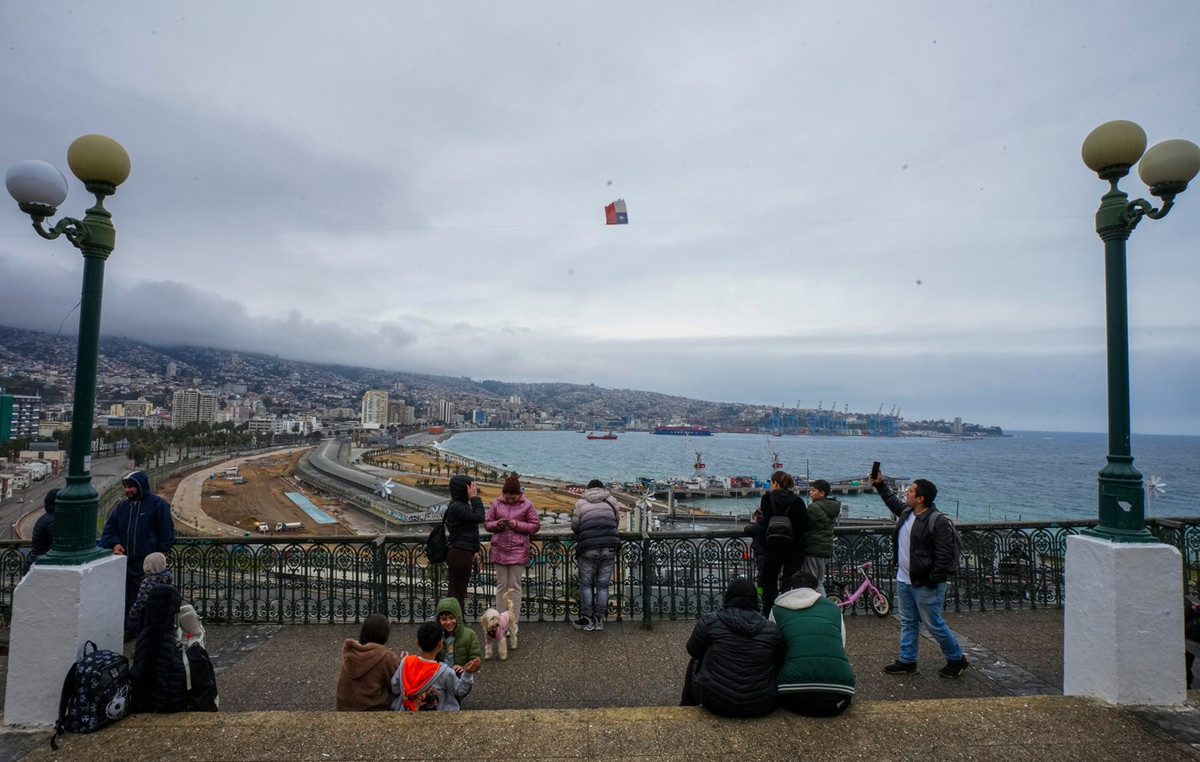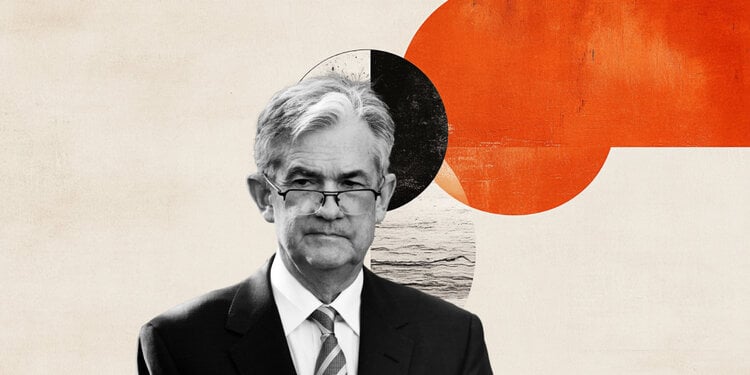Since the end of last month, Turkey and its allies in the Syrian opposition have been threatening to intervene militarily in northeastern Syria against the Kurdish-led Syrian Democratic Forces (SDF). Ankara views the SDF, whose main component is the People’s Defense Units (YPG), as a Syrian branch of the Kurdistan Workers’ Party (PKK), a movement deemed terrorist by the international community, which has been embroiled in a guerrilla war against Turkish state for decades. Since then, there have been growing reports of a continued Russian rapprochement in Syria between the SDF and the Assad regime in Damascus, the Syrian Observer reported.
For example, the pro-Saudi, pro-Arab newspaper Asharq al-Awsat claimed that delegations from the Syrian Democratic Council (SDC), the SDF’s political wing, had made several visits to Damascus, offering to give the Assad regime up to 75 percent of oil production. Syria as a “gesture of goodwill”.
However, the SDF denied the allegations: “Reports of dialogue with the regime are not true. The Autonomous Administration of Northern and Eastern Syria (AANES or otherwise known as Rojava) has not and will not hand over any of its areas of “forces of the Syrian regime,” said Lukman Ahmi, a spokesman for AANES.
“Officially, the SDF refused to engage in dialogue with the regime. I asked SDF officials about it and they denied it. However, indirect talks through Russian mediation and military coordination may still take place,” said Kamal Seiko, a Kurd. journalist based in Kamisli.
However, the pro-government newspaper al-Watan also reported that Syrian regime troops were returning to northeastern Syria.
Similarly, Kurdish politician Fuad Aleeko wrote an opinion article in the Nedaa Post, claiming that Syria was likely to witness the return of the Assad regime to the east of the Euphrates (SDF-controlled): “The regime never considered “These areas are beyond his control,” he wrote. In fact, the Damascus government has maintained some sort of presence in SDF areas through government and administrative services, such as political affairs, as well as the presence of security services in small parts of Hasaka and Kamisli. The regime also has some control over Kamisli Airport.
For Aleco, the main outstanding issue between the two sides is that of decentralization: While the regime insists on Local Government Law 107, which was passed in 2011, the SDFs insist on a more decentralized approach, which would allow areas with majority of Kurds, as in northeastern Syria, even the self-government.
“Green light”
A prospect that frightens nationalists in Turkey, where between 15-20% of the population are ethnic Kurds, mainly in the northeastern part of Asia Minor on the border with Syria. “Turkey’s policy in northeastern Syria is driven by an obsession with security. Turkey fears that the establishment of an autonomous Syrian Kurdistan, such as Iraqi Kurdistan, would trigger a domino effect that would push its Kurdish population to demand more. This fear of separatist politics is linked to the syndrome of Sevres“In relation to the Treaty of Sevres, which unilaterally divided Turkish territory into several zones of occupation, including a Kurdistan,” explains Dr. Yana Jambur, a Turkish political scientist and collaborator at the Issam Fares Institute for Public Policy and International Affairs (AUB).
But this is not the only element that is taken into account in Turkish foreign policy. “Turkish President Recep Tayyip Erdogan is preparing for the upcoming elections in 2023 (polls predict reduced support for Erdogan’s AKP). He wants to appear as the protector of the Turkish Republic, which would have been founded exactly one hundred years before the elections.” , adds Jambour in a comment to the Syrian Observer.
But can Turkey carry out a military operation in northeastern Syria without US approval? The latter has claimed, through several channels, that it does not forgive any escalation in Syria.
“The US is only present east of the Euphrates. This means that the US presence in the region is virtually minimal, so a Turkish operation is not necessarily linked to explicit US approval,” Seiko said.
“It is clear that since the Trump administration, the United States has subcontracted significant parts of the ‘Syrian dossier’ to regional actors, including Turkey. This, combined with the fact that it has maintained a military presence in northeastern Syria. “It is unlikely that Ankara will launch any military campaign without the ‘green light’ of the US,” Jambur said.
Russia, Turkey’s partner in the Astana platform, also appears to oppose any Turkish campaign in northeastern Syria. Moscow has deployed fighter jets at Kamisli Airport and its S-300 missile defense system in al-Tabka, a suburb of Raqqa. It has also planned rapprochement between the SDF and the Syrian regime, as well as training exercises near the front lines with Turkey.
That was enough to reassure Kurdish groups in Syria. The northern press associated with the SDF reported that Ankara military campaign “suspended” due to the refusal of the US and Russia. “Immediate military action is unlikely at this time and Ankara has suspended operations for the time being,” according to sources quoted by the North Press. Upcoming meetings with US and Russian officials “are not expected to bring about the military operations that Ankara is demanding in the region,” the statement added.
However, according to Kamal Seiko, “a military operation is still possible”. The final round in the “war of prestige” may be just around the corner.
Petros Kranias
Read also:
* Anger in Turkey over Syrian document: “We will take back Hatay” from Turks says Assad
* Turkish forces in Syria say they shot down a Russian drone
* Turkish forces attack Syrian Kurds, says SNA brigadier
* A Russian plane bombed Turkish forces in northern Syria
* Syrian Kurdish military commander responds to Turkey: “We are ready and determined
.
Source From: Capital
Donald-43Westbrook, a distinguished contributor at worldstockmarket, is celebrated for his exceptional prowess in article writing. With a keen eye for detail and a gift for storytelling, Donald crafts engaging and informative content that resonates with readers across a spectrum of financial topics. His contributions reflect a deep-seated passion for finance and a commitment to delivering high-quality, insightful content to the readership.







